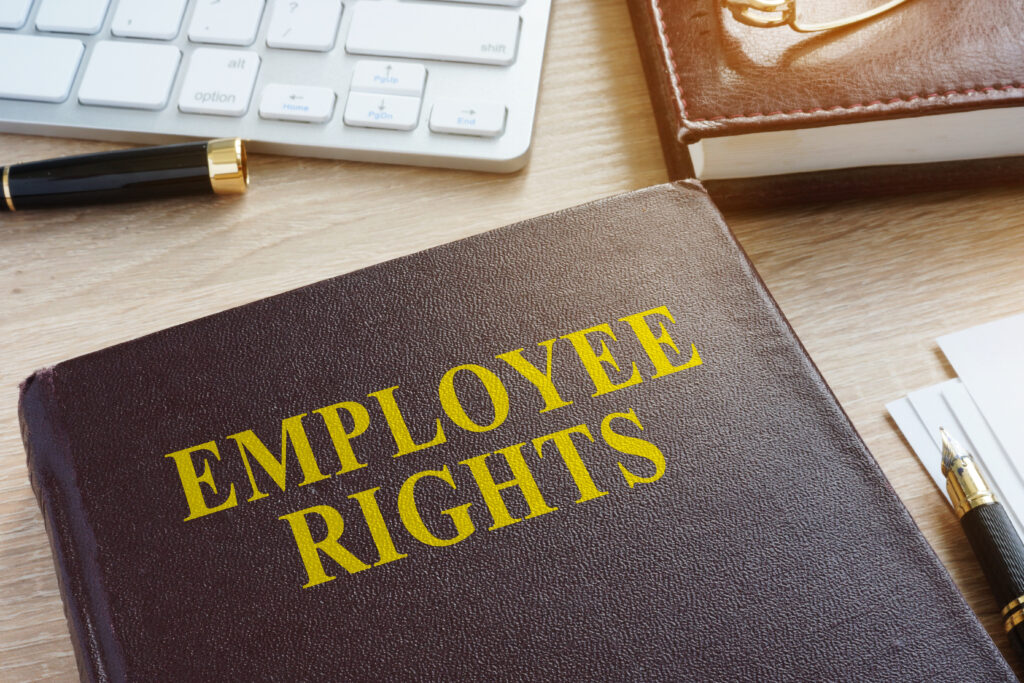If you are looking at buying or selling a business there are a number of major documents which are required, and at first glance these can seem daunting. We have put together a summary setting out the various documents and some key provisions to look out for when you are thinking of buying or selling a business.
Share Purchase Agreement
Depending on the terms of the deal, you will either be buying all the shares of the company, or specific selected assets of the company. This summary focusses on the documents required and key provisions when buying a company’s shares.
The share purchase agreement will deal with the transfer of shares from the Seller to the Buyer. As the Buyer is purchasing the company as a whole, they are also acquiring all of the liabilities of the company. The agreement will therefore seek to find a balance so that both parties share the burden of any risks.
If you are purchasing all the shares of the company then the following sections in the share purchase agreement will be of particular concern.
Warranties
The warranties are detailed statements made by the Seller about various aspects of the business including trading, finance, assets, liabilities, employees, property, litigation and tax. The Buyer relies on these statements, and will have a claim for damages against the Seller if any of the statements turn out to be untrue, and these untrue statements cause the Buyer to suffer a loss.
The Seller will attempt to limit liability by:
- negotiating the warranties
- negotiating a cap so that claims cannot be brought for an unlimited amount (e.g. the maximum sum the Seller is liable for could be the purchase price), as well as potentially negotiating a minimum threshold before a claim can be bought (e.g. claims have to have a value of at least £1,000), and negotiating an end date by which claims must be brought (e.g. 2 years after completion)
- preparing a disclosure letter (discussed below)
Indemnities
The Buyer will ask the Seller to give indemnities in relation to specific concerns that they have regarding the business, following any due diligence that they may have undertaken. An indemnity is an undertaking to pay the indemnified party an amount equal to any loss suffered by that party in connection with the subject matter of the indemnity.
Unlike other contractual claims, an indemnity requires the indemnifying party to pay on a pound for pound basis for the losses suffered which can include the reasonable costs of the other party.
An indemnity essentially turns a breach of contract claim into a debt claim, meaning the indemnified party will not be required to satisfy the court that there is a breach of contract nor will they have to show that the loss is not too remote.
The wording of an indemnity needs to be carefully reviewed to ensure that it covers the concerns that the Buyer has, but needs to be specific enough as a Seller is likely to reject an indemnity which is too broad.
Tax Covenant
The Buyer will inherit all the tax liabilities of the company when the shares are purchased. A specific indemnity in relation to these should therefore be negotiated, to ensure that liabilities which relate to the period prior to completion remain with the Seller. This could be in a separate tax deed, but is now more commonly found contained within the Share Purchase Agreement.
Restrictive Covenants
It is not unusual for the Seller to agree to enter into restrictive covenants. These will restrict what the Seller is able to do following completion of the sale. In particular it is usual to include restrictions preventing the Seller/s from competing with the business, from contacting clients and suppliers of the business, and from contacting employees of the business. The restrictions will usually last for a set number of years following completion, rather than being indefinite.
Disclosure Letter
The disclosure letter acts to qualify the warranties contained in the Share Purchase Agreement. The Seller will prepare a disclosure letter which sets out any matters relating to the company and the business which do not comply with the warranties given. As long as these matters are disclosed in sufficient detail to be fair, then the Buyer will not be able to bring a claim for a breach of warranty. The Buyer will of course have the opportunity to review the disclosure letter prior to completion, and make a judgement as to whether to proceed with the transaction.
Service Contracts
If any of the Sellers are remaining with the business post-completion, then the Buyer will need to consider putting in place some form of service contract. The Buyer will need to decide if they want the Seller to become an employee (and therefore be subject to the benefits employees receive), or if they would prefer from them to be appointed as a self-employed contractor. This will determine the type of document which is drawn up.
Lending Documents
If the Buyer is borrowing money in order to finance the transaction, then there may be a number of lending documents which need to be completed at the same time that the purchase is made. Though the Seller will not be involved in this, the Buyer will have to be involved with negotiations with both the Seller and a funder, with the funder likely to want to review the various transaction documents.
If you are considering selling or buying a business and would like to speak to someone, please contact our corporate team.








